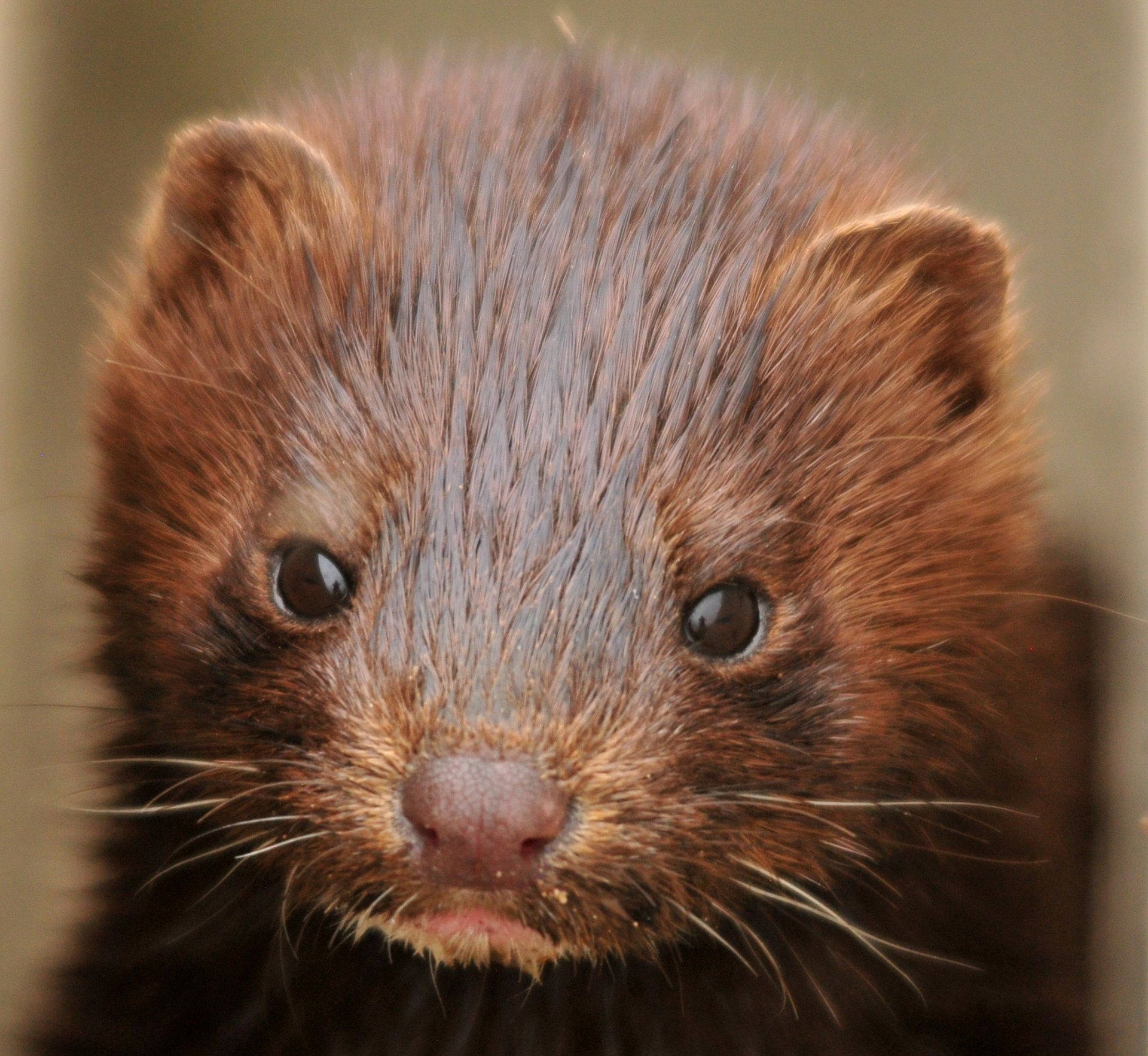A year ago the Mink Commission published a damning report following an investigation of the government’s actions during the 2020 mink cull, as well as the industry itself.
But the measures, which promised to safeguard against future mink-related disasters, are stalling, reports DR – partly due to the loss of power of some of the parties that initially backed them.
At the time, PM Mette Frederiksen apologised publicly, saying: “It is clear that with the criticism raised by the commission, action must be taken and we must make things better.”
The PM’s party Socialdemokratiet subsequently laid out four goals to be fulfilled in order to avoid another mink massacre. Yet today just one of these objectives has been put in place. Some parties, including Konservative, are fuming.
Mette misled us
Among other things, the Mink Commission described a press conference on 4 November 2020 as “grossly misleading” – and it wasn’t just the commission; the public were outraged as well.
In the wake of such an egregious failure on the part of the government, you might have thought that the parties in power would have mopped up the mess by now.
However, the shift in power after the elections mean the parties who set the reforms in motion are no longer part of the central governmental coalition, and thus the process has been stymied.
“One of the clear results of the Mink Commission was precisely that we had to ensure there was more openness and transparency in the exercise of power. So it is completely incomprehensible that nothing has happened,” noted Peder Hvelplund of Enhedslisten.
The four initiatives
The initiatives proposed by the previous government in order to avoid future mink culls are:
– Decision-makers are required to consult Parliament before making extraordinary decisions.
– The establishment of a Democracy Committee to keep an eye on the government’s work and interaction between civil servants, politicians and special advisers.
– Amendments to the Public Information Act to make it easier for the public to gain insight into the government’s work.
– Changes to the government’s working procedure. Among other things, it must be ensured that important details do not only appear in small print.















